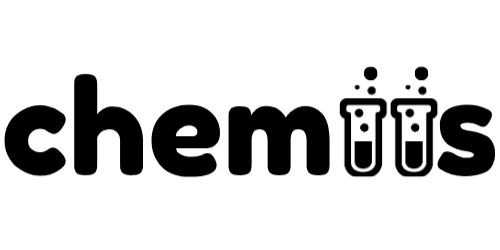Lactic Acid is an organic compound with widespread applications across industries due to its versatility and eco-friendly nature. Derived naturally through fermentation or synthesized chemically, it is a key component in food, pharmaceuticals, cosmetics, and industrial processes.
With a mild acidity, biocompatibility, and natural origin, lactic acid is valued for its functionality, safety, and sustainability. It is widely used as a preservative, acidity regulator, and chemical building block.
Applications of Lactic Acid
1. Food and Beverage Industry
Lactic Acid plays a crucial role in food production for its preservative and flavor-enhancing properties.
- Preservative: Extends shelf life by preventing microbial growth.
- Acidity Regulator: Balances pH in processed foods and beverages.
- Flavor Enhancer: Adds a tangy taste to dairy products, pickles, and sauces.
- Fermentation Agent: Used in baking and brewing processes.
2. Pharmaceutical Industry
In pharmaceuticals, lactic acid is a vital component for its safety and biocompatibility.
- pH Buffer: Stabilizes formulations in injectable drugs.
- Topical Applications: Used in creams and ointments for skin hydration and exfoliation.
- Encapsulation: Serves as a polymer precursor in drug delivery systems.
3. Cosmetic Industry
Lactic Acid is a popular ingredient in skincare due to its exfoliating and moisturizing properties.
- Exfoliator: Removes dead skin cells, promoting a smoother complexion.
- Humectant: Retains moisture, improving skin hydration.
- Anti-Aging: Reduces fine lines and wrinkles by stimulating collagen production.
4. Industrial Applications
In the industrial sector, lactic acid is a sustainable alternative to synthetic chemicals.
- Biodegradable Polymers: Precursor for polylactic acid (PLA), used in packaging and bioplastics.
- Leather Tanning: Serves as a pH regulator in the tanning process.
- Textile Industry: Used for dyeing and finishing fabrics.
- Cleaning Agents: Included in eco-friendly detergents for its descaling properties.
5. Agriculture
Lactic Acid supports sustainable farming practices and animal nutrition.
- Silage Additive: Preserves forage crops by inhibiting spoilage.
- Animal Feed: Enhances gut health in livestock.
Advantages of Lactic Acid
- Eco-Friendly: Derived from renewable resources through fermentation.
- Versatile: Applicable across multiple industries.
- Biocompatible: Safe for human and animal use.
- Sustainable: Promotes greener industrial processes.
- Effective Preservative: Extends shelf life while maintaining natural flavors.


















Reviews
Clear filtersThere are no reviews yet.